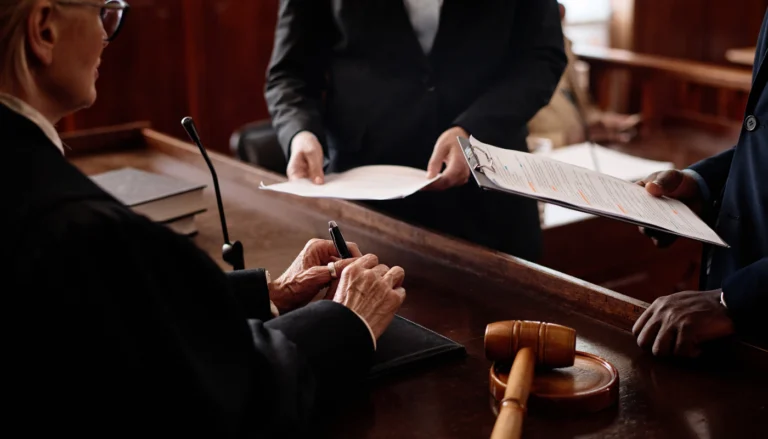Having a drug-related criminal record can significantly impact your life, from limiting job opportunities to affecting your ability to rent a home or even vote. However, it is possible to clear or seal your record, depending on the laws in your jurisdiction. Understanding the steps involved and seeking legal guidance can help you regain control of your future.
1. Understand Eligibility for Record Expungement
The first step in clearing a drug-related criminal record is to determine if you are eligible for expungement. In many cases, individuals who were convicted of drug-related offenses, such as possession or minor trafficking, may qualify for record sealing or expungement if they meet specific criteria. Eligibility often depends on factors like:
- The type and severity of the offense
- Whether the conviction was a misdemeanor or felony
- The amount of time that has passed since the conviction
- Whether the individual has completed any rehabilitation or treatment programs
2. Complete Required Rehabilitation or Treatment Programs
Many jurisdictions require individuals to complete drug rehabilitation or treatment programs before they are eligible for record expungement. Courts may view successful completion of these programs as a sign that the individual is committed to turning their life around. If you haven’t already participated in such programs, enrolling and completing them may be necessary for clearing your record.
3. Apply for Expungement or Record Sealing
Once you’ve confirmed that you are eligible, the next step is to formally apply for expungement or record sealing. This process typically involves filing a petition with the court that handled your conviction. The petition will need to include details of your case, any supporting documents (such as proof of rehabilitation), and a request for the court to review your eligibility.
4. Attend a Court Hearing
In some cases, the court may require a hearing to review your application for expungement. During this hearing, a judge will consider factors such as your criminal history, rehabilitation efforts, and whether clearing your record is in the best interest of justice. You may also be required to present evidence of your efforts to live a law-abiding life since your conviction.
5. Seek Legal Assistance
Navigating the expungement process can be complex and varies by jurisdiction. To increase your chances of success, it’s essential to seek legal assistance from an experienced criminal defense attorney. A skilled lawyer can help guide you through the process, ensure all necessary paperwork is completed correctly, and represent your interests during court hearings.
6. Benefits of Clearing Your Record
Clearing your drug-related criminal record can provide several benefits, including:
- Improved employment opportunities
- The ability to apply for professional licenses
- Restoration of voting rights in some cases
- Removal of barriers to housing and financial aid
- Peace of mind knowing that your past mistakes no longer define you
Contact a Criminal Defense Attorney Today
If you are ready to clear your drug-related criminal record and take the first step toward a brighter future, contact a criminal defense attorney today. They can provide the legal guidance you need and help you understand your options for expungement or record sealing. Don’t let your past hold you back—take control of your future now!
This post was written by a professional at The Manderscheid Law Firm, PLLC. The Manderscheid Law Firm, PLLC, is your trusted drug crimes lawyer st. petersburg FL. With a commitment to integrity, advocacy, and understanding, my firm stands out in its dedication to giving each client and their case the personal attention they deserve. Whether you’re facing charges for DUI in St Pete FL, drug offenses, theft, or any other criminal matter, you can trust our experienced team to fight for your rights and provide the best possible defense. At Manderscheid Law Firm, PLLC, we believe in a tailored approach, ensuring every client feels heard and supported throughout the legal process.













